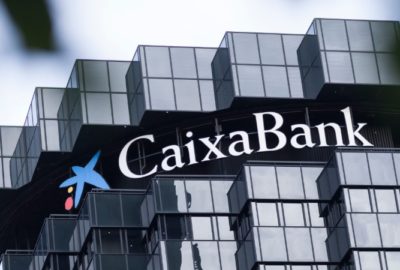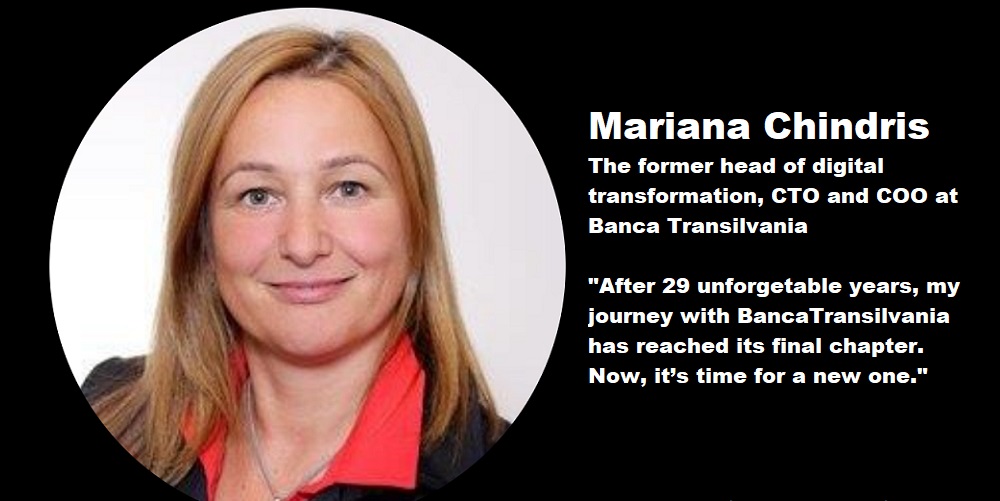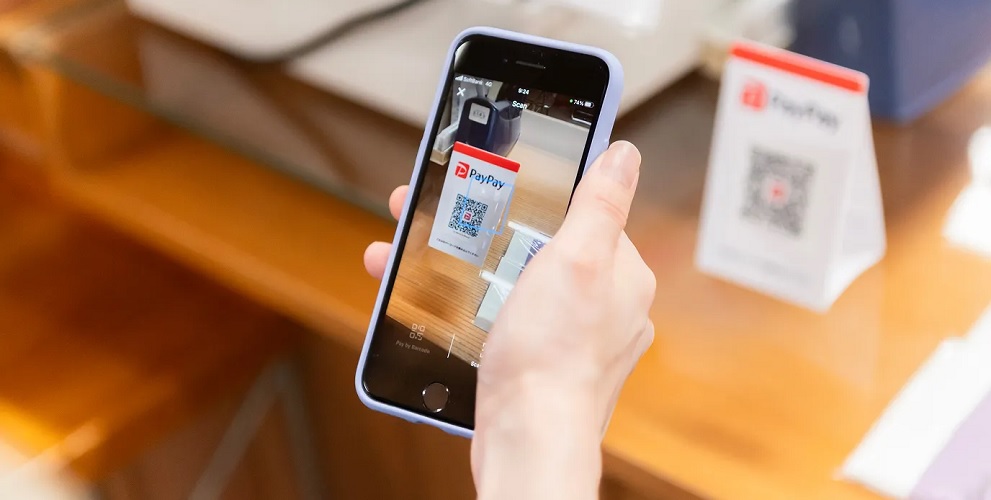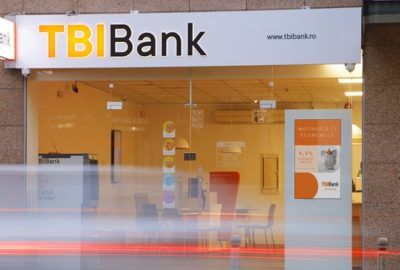Latest Visa moves: application for a direct bank-card clearing access in China and for a patent based on blockchain technology
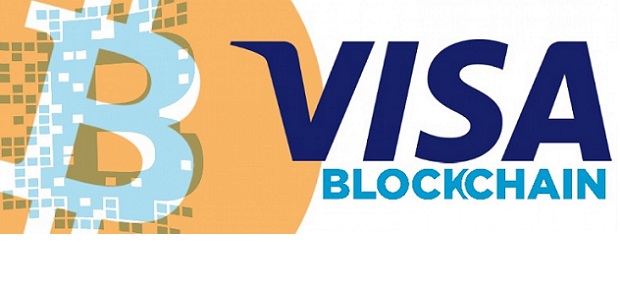
One of the world’s largest credit card issuers may be looking to blockchain as a way to facilitate the transfer of cryptographic assets, public records show. A patent application published last week reveals that four employees of Visa’s global product and business-to-business platform divisions have submitted a filing entitled „Methods and System for Using Digital Signatures to Create Trusted Digital Asset Services.”
„The application itself doesn’t delve into many specifics, however. The proposed invention is described as being applicable to both public and private blockchains, and hints broadly at the system being used to send digitized assets back and forth.”, according to coindesk.com.
As the application explains:
„Digital assets associated with a value transfer can, in some embodiments, be digitally signed by a sending entity and/or an administrative entity. The sender’s signature can indicate that the digital asset was legitimately sent by the indicated sender, and the administrator’s signature can indicate that the digital asset was approved and/or recorded by the administrator. In some embodiments, a digital signature can indicate that the digital asset has been transferred, and that the value cannot be taken back.”
Whether Visa is planning to launch a digital asset service based on the technology in the application remains to be seen. The payments card giant has already moved to build blockchain-based services on the payments front, and is currently working with technology startup Chain to build a business-to-business platform set to launch this year.
###
Also, Visa has filed an application with the People’s Bank of China for a bank-card clearing license in China. „Visa is the first overseas card payment company to apply for a bank-card clearing license after China opened its market to foreign card payment companies in June 2015.”, according to thepaypers.com.
With a total market value of over USD 6.84 trillion, China is very attractive to overseas players. However, foreign card companies did not receive permission to establish domestic payment clearing operations. Besides gaining a license, overseas companies will also have to face serious competition from China UnionPay, which currently holds a market monopoly.
Visa’s rival, Mastercard has also expressed interest in access to the Chinese market. Mastercard’s president and chief executive officer said in July 2017 that the company is looking at options for a joint venture, or a 100% Mastercard application, and expects to make a decision on this and file soon.
Dariusz Mazurkiewicz – CEO at BLIK Polish Payment Standard
Banking 4.0 – „how was the experience for you”
„To be honest I think that Sinaia, your conference, is much better then Davos.”
Many more interesting quotes in the video below:
